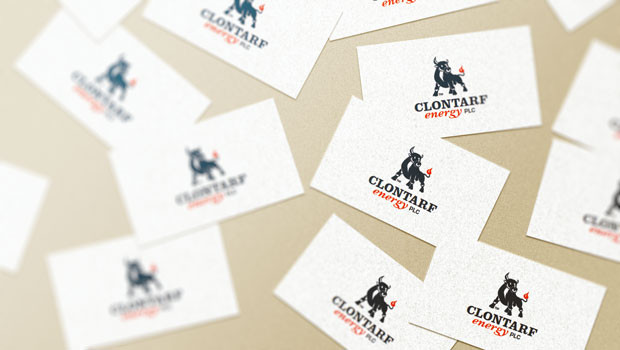Clontarf raises £1.3m as it advances lithium project

Clontarf Energy
0.03p
16:55 20/12/24
Clontarf Energy has raised £1.3m before expenses, it announced on Monday, to advance its lithium and petroleum projects.
FTSE AIM All-Share
710.60
17:04 20/12/24
Mining
10,313.46
17:14 20/12/24
The AIM-traded firm said the funds were raised through the placing of, and subscription for, two billion new shares via several Australia-based brokers, at a price of 0.065p each.
It said the placing shares would represent 45.76% of its newly-enlarged issued share capital.
“The net proceeds of the placing will be used to advance Clontarf's lithium projects in Bolivia, and petroleum projects in Ghana, Australia, and elsewhere,” the board said in its statement.
Clontarf said it had advanced its discussions with the Bolivian and Ghanaian authorities in recent weeks.
It noted that its September auger campaign on six priority medium-sized salt-lakes in Bolivia yielded lithium grades in all samples taken.
The firm’s recent near-surface sampling from auger samples included results of 1,420 milligrams per litre at one target salt-lake, and 1,010 milligrams per litre at another.
It said the overall grade averaged 211 milligrams per litre, with future drilling set to identify the priority brine zones to be tapped, subject to all necessary permitting and applicable laws, and funding.
Anticipated global market demand would be at least twice current global supplies, with tighter purity targets for the lithium-ion battery industries, the board said.
It added that the best way to deliver those volumes and qualities were through direct lithium extraction (DLE) technologies, which were now under development by various companies.
At the request of Bolivian authorities in 2021, Clontarf had sought out “market leading technologies” capable of delivering high-purity lithium salts, with minimum deleterious impurities.
“After an exhaustive search, we are optimistic that one such ionic separation technology may provide a breakthrough in volume processing of the large-scale brines available in Bolivian salt-lakes,” the board said.
“Accordingly, Clontarf is finalising a heads of agreement with a potential DLE processing partner on establishing a joint venture to exploit all available brines in Bolivia, subject to, inter alia, necessary government approvals.”
If laboratory test-work and DLE processing succeeded, the company said it was planning, in partnership with its potential DLE processing partner, for production of lithium from brines using one or more sources.
That work followed an augering campaign, and encouraging chemical analysis on the areas of the targeted salt-lakes of highest priority.
“There are few commercial alternatives to serve anticipated lithium demand without direct lithium extraction processing on Bolivian salt-lakes,” said chairman David Horgan.
“Hard rock lithium sources dominate current global supply, but 90% of upgrading occurs in China, including in coal-fired furnaces at circa 800-degrees Celsius.
“This makes a mockery of claims that current lithium sources are 'green'.”
By contrast, Horgan said extraction of around 5% of brine volumes through fluid extraction had a “modest” environmental footprint, and potentially much lower costs.
“Clontarf Energy's team has 34 years of Bolivian operating experience - local sensitivities must be respected, and large-scale developments require clarifying the Bolivian Lithium Law to confirm the legal basis for Joint Ventures with the authorities.
“The commodity industry is emerging from a period of restructuring; but the same environmentalism depressing investment in fossil fuels for a decade now drives demand for 'green minerals', including lithium.
“Only explorers, developers and processing experts have the skills to develop the world's largest, lowest cost, and most environmentally-friendly deposits.”
At 1541 GMT, shares in Clontarf Energy were down 15.15% at 0.07p.
Reporting by Josh White for Sharecast.com.